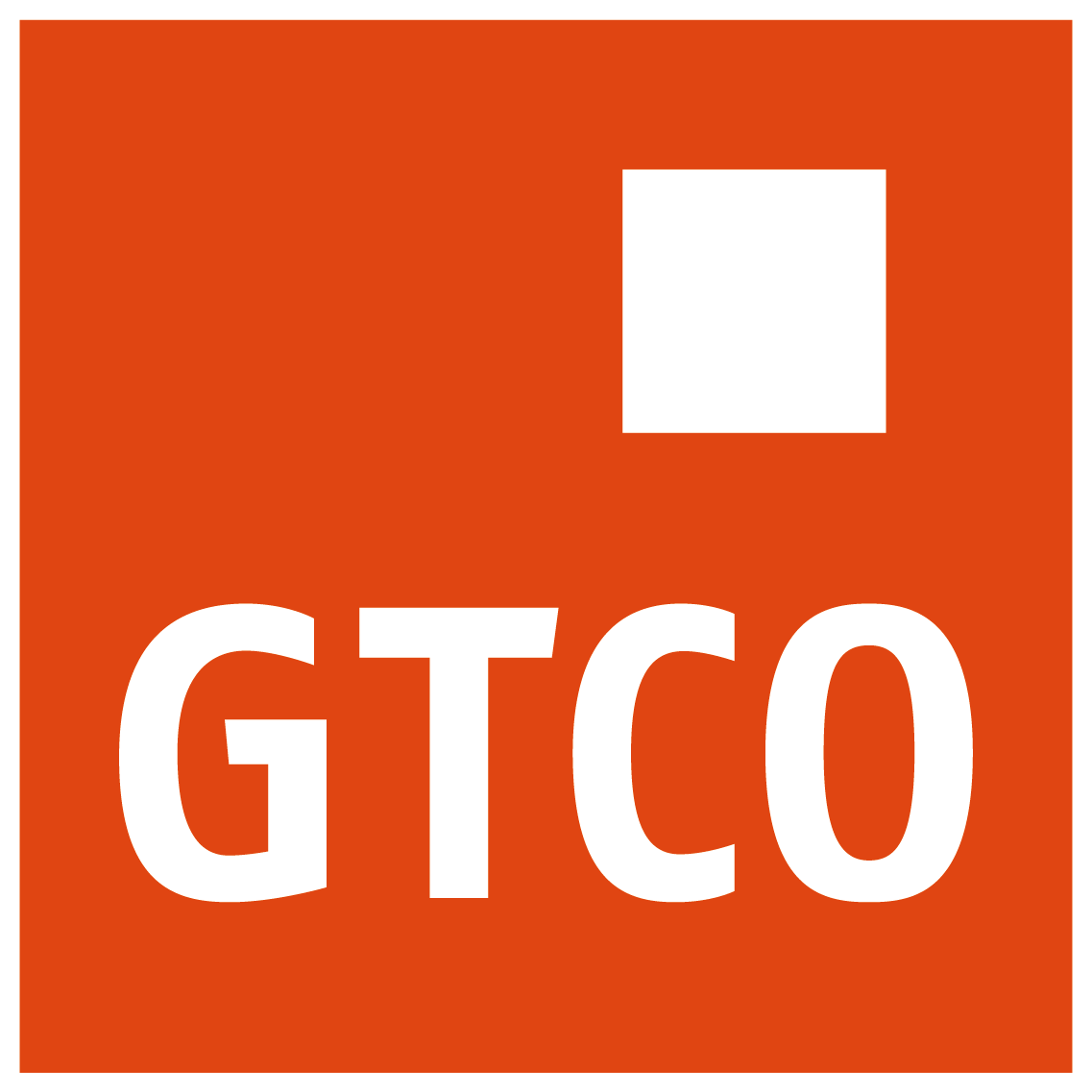As COVID-19 vaccines are currently being rolled out globally, Nigeria has acquired the ultra-cold freezers needed to store the Pfizer and BioNTech vaccines when they finally arrive in the country.
A visit to the country’s vaccine storage facility on Tuesday showed that there are three Ultra-cold freezers needed to store the doses of vaccines expected by the end of January.
The National Strategic Cold Store located a few miles from the Nnamdi Azikwe International Airport is where all vaccines are stored on arrival into the country. The vaccines are then distributed to various zones and states across the country.
The Nigerian government said it will receive at least 100,000 doses of the Pfizer and BioNTech approved COVID-19 vaccines by the end of January through the COVAX co-financing public-private facility.
A check by this newspaper in December 2020 showed that the country’s National Strategic Cold Store does not have the capacity to effectively store the vaccines.
The facility houses 11 walk-in cold room refrigerators and four walk-in freezer rooms.
But there were no ultra-cold freezers much needed to store some of the frontrunners such as the Pfizer-BioNTech and Moderna vaccines, according to Iyabo Daradara, Director, Logistics and Health Commodities at the National primary HealthCare Development Agency (NPHCDA).
“The National Strategic cold store has 11 walk-in cold rooms refrigerators which store at +2 to +8 and four walk-in freezer rooms which are used for vaccines that need freezing.
“We do not have ultra-cold freezers in the country,” she said in an interview with PREMIUM TIMES.
Meanwhile, the Executive Director of the NPHCDA, Faisal Shuaib, said the country now has enough capacity to store the vaccines.
“Each of this ultra-cold freezer has 700 litres capacity, that is a total of 2,100 capacity. The requirement for the 100,000 doses of Pfizer vaccines that will be available by the end of January/February is 500 liters, so we have enough capacity for the 100,000 doses,” Mr Shuaib said on Tuesday while addressing journalists at the facility.
He said the ultracold chain storage was only required at the national level and six zonal stores where the vaccines can be stored for a longer period.
He explained that the Pfizer vaccine can be stored for five days at plus two to eight degrees outside of the ultracold chain, which is suitable especially in rural areas.
“Pfizer has informed us that the COVID-19 vaccine can be stored for five days at plus two to eight degrees outside of the ultracold chain, which is suitable especially at a low level,” Mr Shuiab said.
“This means that the ultracold chain storage is only required at the national level and six zonal stores where the vaccines can be stored for a longer period, the vaccines then will be transferred to lower levels using dry ices in isolated dry thermals when they are ready to be deployed.”
He said the federal government was working with states to ensure vaccines are safely distributed to every part of the country.
“The private sector will be providing dry ices. This is what we need to keep the vaccines potent when they are taken out of the cold chain equipment. So we can move them to the states, LGAs, and health facilities where they will be utilized.”
Mr Shuaib noted that Nigeria already has a storage facility for other approved vaccines and are making efforts to get some of them. This, he said, led to less investment in ultracold chain equipment.
“Apart from the Pfizer vaccines, there are other vaccines in the portfolio of the COVAX and other vaccine candidates. Our plan is not to over-invest in ultracold chain equipment given that there are other vaccines that can be kept between + 2 and + 8 degree Celsius,” he said.
There are other approved vaccines that do not require expensive storage facilities like the Pfizer and bioNTech vaccine.
The Oxford-AstraZeneca vaccine, for instance, has lower interim efficacy results but offers the best possibility for distribution in Nigeria because the temperature required is not as low and manufacturers can produce it at a lower price.
Mr Shuaib said the government would be focusing on the Oxford-AstraZeneca vaccine that requires + 2 to + 8 degrees Celsius.
He reiterated that all imported vaccines will be tested by the National Agency for Food and Drug Administration Control (NAFDAC) and certified safe for human use before it is administered.
“We will like to assure all Nigerians that this verification exercise will also be applicable to the COVID-19 vaccine and NAFDAC will continue to monitor the efficacy of the vaccine even after its administration to ensure proper documentation of any side effects,” he said.

 BIG STORY4 days ago
BIG STORY4 days ago
 BIG STORY2 days ago
BIG STORY2 days ago
 BIG STORY4 days ago
BIG STORY4 days ago
 BIG STORY3 days ago
BIG STORY3 days ago
 BIG STORY4 days ago
BIG STORY4 days ago
 BIG STORY2 days ago
BIG STORY2 days ago
 BIG STORY3 days ago
BIG STORY3 days ago
 BIG STORY4 days ago
BIG STORY4 days ago























